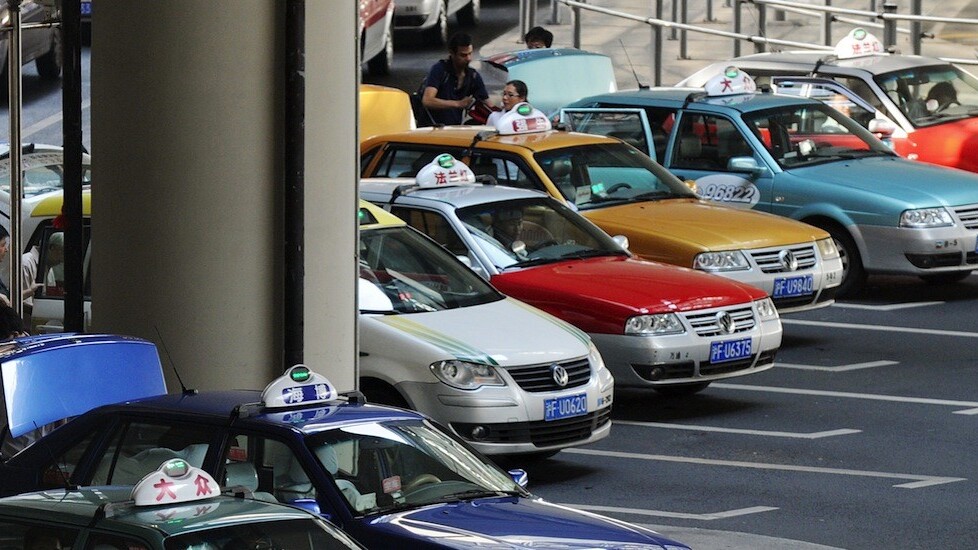
Authorities in Beijing, China, have gathered all third-party taxi-finding smartphone apps operating in the city under a unified platform, Sina Tech reports, effectively cracking down on the unregulated industry which has drawn a lot of flak for charging premiums.
Under the new regulations, each taxi-finding app has to be tied to one of the city’s officially-recognized call platforms (being operated by different taxi companies), and customers who book a taxi via the Internet or mobile will pay a fixed rate of RMB5 ($0.80) for the service, while prior booking – more than 4 hours before the taxi is required – will cost RMB6 ($1).
These taxi mobile apps have to apply to Beijing authorities and be approved before they can be linked up to a call platform.
Beijing’s move effectively puts an end to the model that these apps have developed – allowing users to give premiums on top of the taxi fare to attract drivers to pick up the job. For example, Didi Diche, a service that launched in September 2012 and serves Beijing, lets customers give the taxi driver increments of RMB5, RMB10, and RMB20 (about $1 to $3) on top of the fare.
Authorities have expressed concerns that such apps cause instability in the taxi industry by allowing drivers to reject or choose their customers. The Chinese city of Shenzhen cracked down on such services in May, and following that Shanghai also spoke up to reiterate that it was illegal for taxi drivers to charge premiums when using such apps, with the city reportedly in the midst of coming up with regulations for the taxi-booking industry, which will cover taxi-finding smartphone apps.
It remains to be seen what will happen to such taxi-finding smartphone apps in other cities, which have been wildly popular in China. Chinese e-commerce giant Alibaba invested an estimated $1 million in one of these apps, Kuaidi Dache, back in April, as it banked on the success of such a business. However, with authorities keen to draft them in and set rules on their money-making model, they might have to find more creative ways to sustain their business.
Uber might also be launching its private-car service in China, as job ads suggest, which would add another credible competitor to the car hire space in the country. The company has been expanding rapidly in Asia recently after launching in Taiwan and Seoul within a week.
Image Credit: Mark Ralston via AFP/Getty Images
Get the TNW newsletter
Get the most important tech news in your inbox each week.




